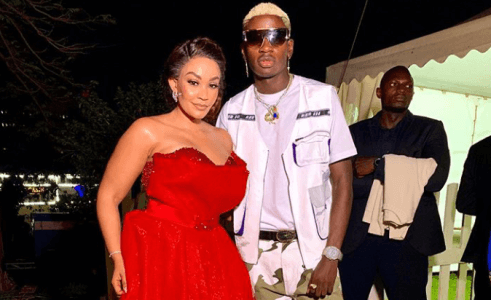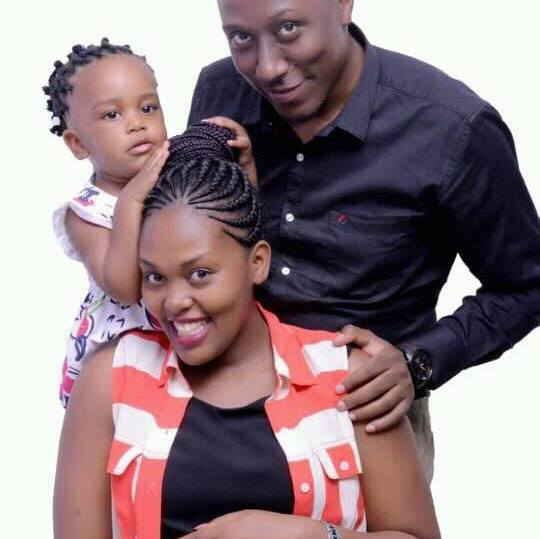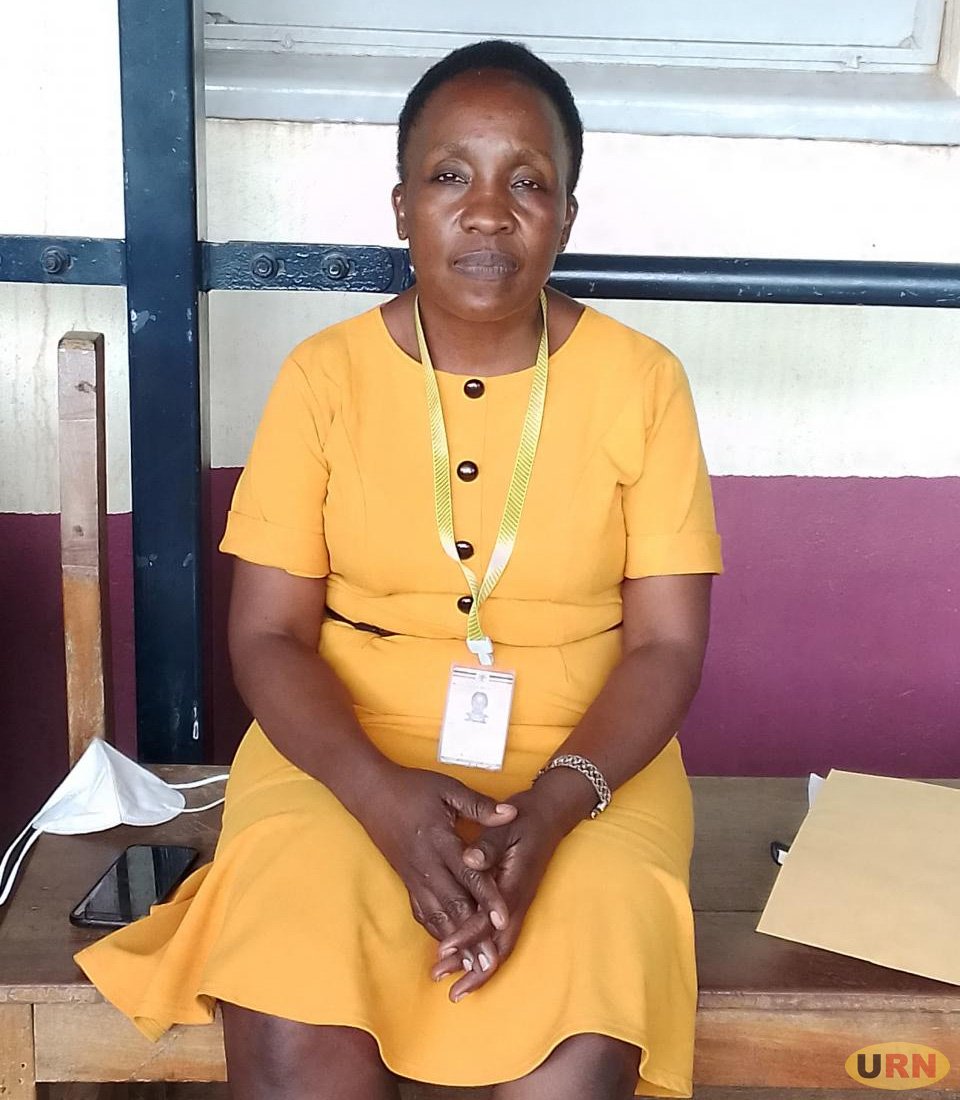The hearing of a case in which government has been sued before the High in Kampala for her alleged failure to translate the 1995 constitution that has been in existence for over 24 years into 56 indigenous languages failed to begin yesterday as scheduled.
The case has been adjourned to September 23rd 2020 after the plaintiff’s lawyer Tegule Gawaya informed Justice Boniface Wamala that he was not ready to proceed and asked for two more weeks.
Two lawyers Martins Kirya and Michael Aboneka dragged the government to court for failure to translate the Ugandan Constitution into all the local languages for a period of 24 years since its enactment.
The duo petitioners stated that as a result of government’s failure to carry out this core mandate, there has been increased denial of rights awareness leading to the violation of citizens’ rights.
The petitioners contend that being indigenous Ugandans as described in the third schedule of the Constitution and other Ugandans, are entitled to have the constitution translated and disseminated into their local languages, which hasn’t been done by the government, 24 years later.
They also aver that having been born Ugandans, they are entitled to have been taught the constitution during their school days from primary level to university as an obligation of the State but this was deliberately ignored.
Mr Kirya and Mr Aboneka now want court to compel government to start translating the constitution into the local languages and the same be completed within two years from the date of judgment.
The petitioners want court to compel government to cause the review of the education curriculum of all education, training institutions within one year from the date of judgment, promote the full awareness and the teaching of the constitution.
They also want in fulfilment of the above, government to consider customising the translated versions of the constitution for visually impaired persons into usable formats.
Uganda’s indigenous communities as at 1st February 1926
Acholi, Alur, Baamba, Babwisi, Bafumbira, Baganda, Bagisu, Bangungu, Bagwe, Bagwere, Bahehe, Bahororo, Bakenyi, Bakiga, Bakonzo, Banyankore, Banyara, Banyole, Banyoro, Baruli, Basamia, Basoga, Basongora, Batagwenda, Batoro, Batuku, Batwa, Chope, Dodoth, Ethur, IK (Teuso), Iteso, Jie, Jonam, Jopadhola, Kebu (Okebu), Kuku, Kumam, Langi, Lendu, Lugbara, Madi, Mending, Mvuba, Napore, Nubi, Nyangia, Pokot, Sabiny, So (Tepeth) and Vonoma.
















